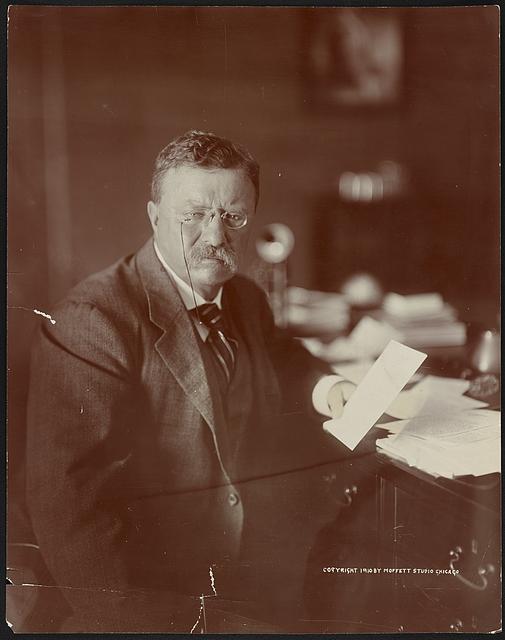
As this helpful article from the Smithsonian Magazine illustrates, the debate over the use of presidential executive orders to end-run Congress originated with Theodore Roosevelt. In his conservationist zeal to protect unique land and monuments, TR pushed the limits of the Antiquities and Reclamation Acts. While we are all blessed by the resulting preservation of sights like the Grand Canyon, his expansive view of presidential power also resulted in abuses like FDR’s internment of Japanese-Americans and President Truman’s attempt to seize the steel mills to prevent a strike. President Trump’s recent orders to provide partial relief for workers hit by the COVID-19 pandemic shows the limitations of the practice and its danger to our constitutional democracy.
This story from CNN sets forth the problems with these orders and why congressional action was required. The new $400 per month unemployment benefit may never materialize since it was not authorized to be distributed through the current unemployment insurance system. The payroll tax cut is really a deferral and so worker could be on the hook for a huge catch-up payment next year. Finally, the eviction protections simply consist of a study by the Secretary of Health and Human Services of ways to provide such protection.
When the last coronavirus relief effort stalled in March, I criticized both the President and Congress over their failure to reach agreement under the headline “Leaders Don’t Dither. They Decide”. This relief bill should be more targeted toward the unemployed and essential workers on the front lines of combating the disease and supporting American society in dealing with it. However. dangling partial relief for them by a questionable legal method is not real leadership. Leadership in our system of separation of powers often involves compromise. TR’s sympathy for those workers would probably drive him to swallow his pride to provide a “square deal” for them in time for destitute and heroic workers to receive the meaningful help they need.
